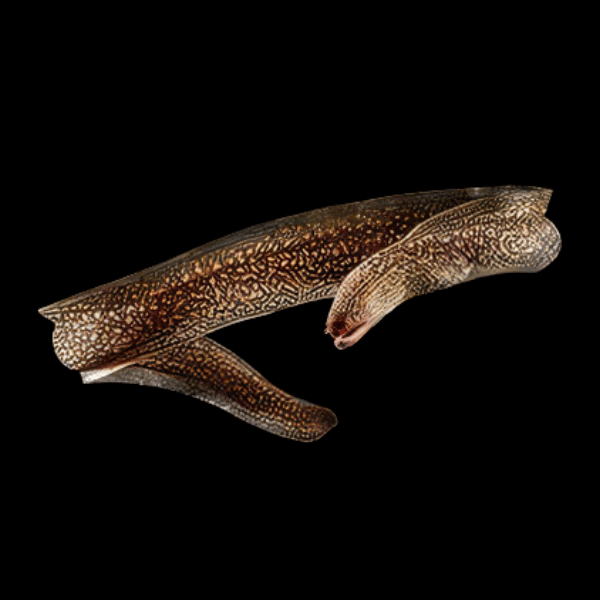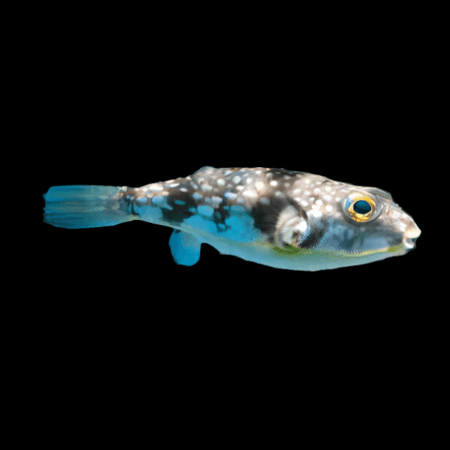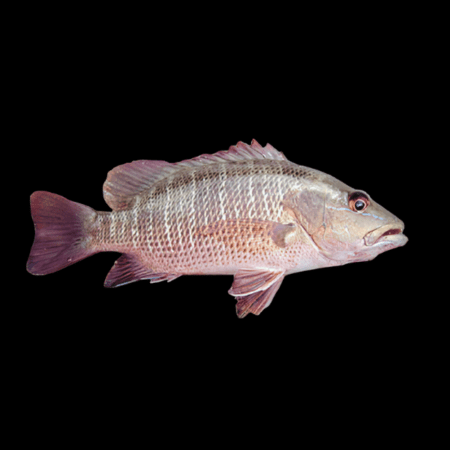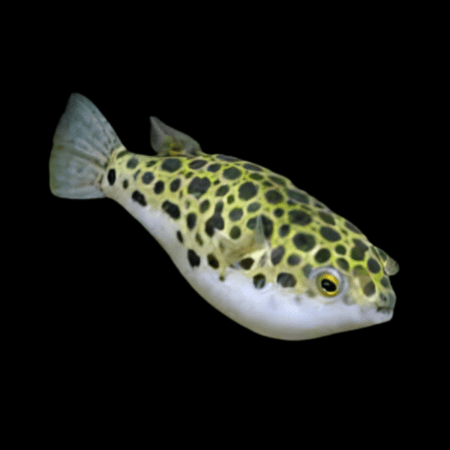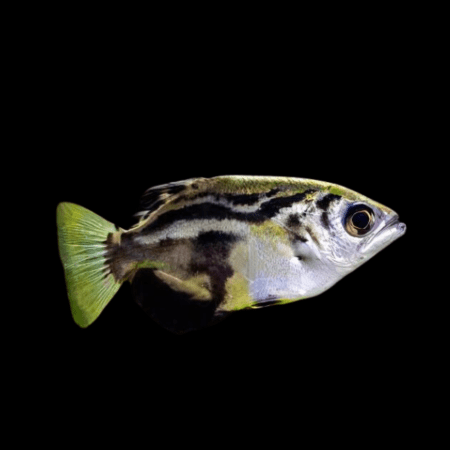Description
Indian Mud Moray Eel Gymnothorax Tile 20cm
Overview: The Indian Mud Moray Eel, also known as Gymnothorax tile, is a fascinating and distinctive eel species known for its elongated body, sharp teeth, and captivating presence. With a sleek, serpentine appearance, this eel is often found in brackish water environments and can grow up to 24 inches (60 cm) in length, making it a striking addition to specialized aquariums.
Origin: Native to the coastal regions of South and Southeast Asia, the Indian Mud Moray Eel inhabits brackish water environments such as estuaries, mangroves, and river mouths. In the wild, they are often found hiding among rocks and crevices, where they wait to ambush prey.
Feeding: The Indian Mud Moray Eel is a carnivore with a strong preference for meaty foods. It should be fed a diet of live or frozen foods such as shrimp, fish, squid, and mussels. They may also accept high-quality carnivorous pellets, but their diet should primarily consist of fresh or frozen food to maintain optimal health.
Tank Mates: This eel is best kept in a species-specific tank or with other large, brackish water fish that are not easily intimidated. Suitable tank mates include larger brackish species like scats, monos, or archerfish. Due to its predatory nature, smaller fish or invertebrates should be avoided as they may be seen as prey.
Aggression: The Indian Mud Moray Eel is semi-aggressive, particularly towards smaller tank mates or other eels. While not overly aggressive towards similar-sized fish, it can be territorial and may become aggressive if it feels threatened or if its space is encroached upon.
Experience Level: Intermediate to Advanced. The Indian Mud Moray Eel requires specific care, including a brackish water setup and a carefully managed diet. It is best suited for aquarists with experience in maintaining specialized aquariums and understanding the needs of predatory fish.
Water Parameters: Indian Mud Moray Eels thrive in brackish water with a salinity range of 1.005-1.015 specific gravity. The ideal water temperature is between 75-82°F (24-28°C), with a pH range of 7.5-8.5. A large tank with plenty of hiding spots, such as rocks and caves, is essential to mimic their natural environment and reduce stress.
In summary, the Indian Mud Moray Eel is a unique and captivating species that can be a rewarding addition to a brackish water aquarium. Its striking appearance and fascinating behavior make it an excellent choice for experienced aquarists looking to add a touch of the exotic to their setup.
